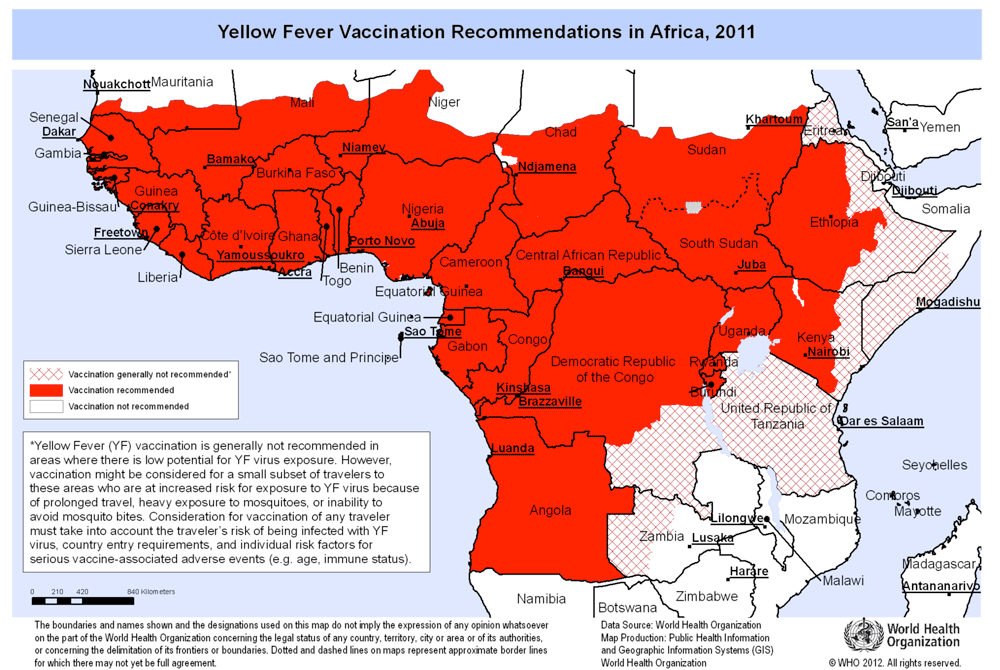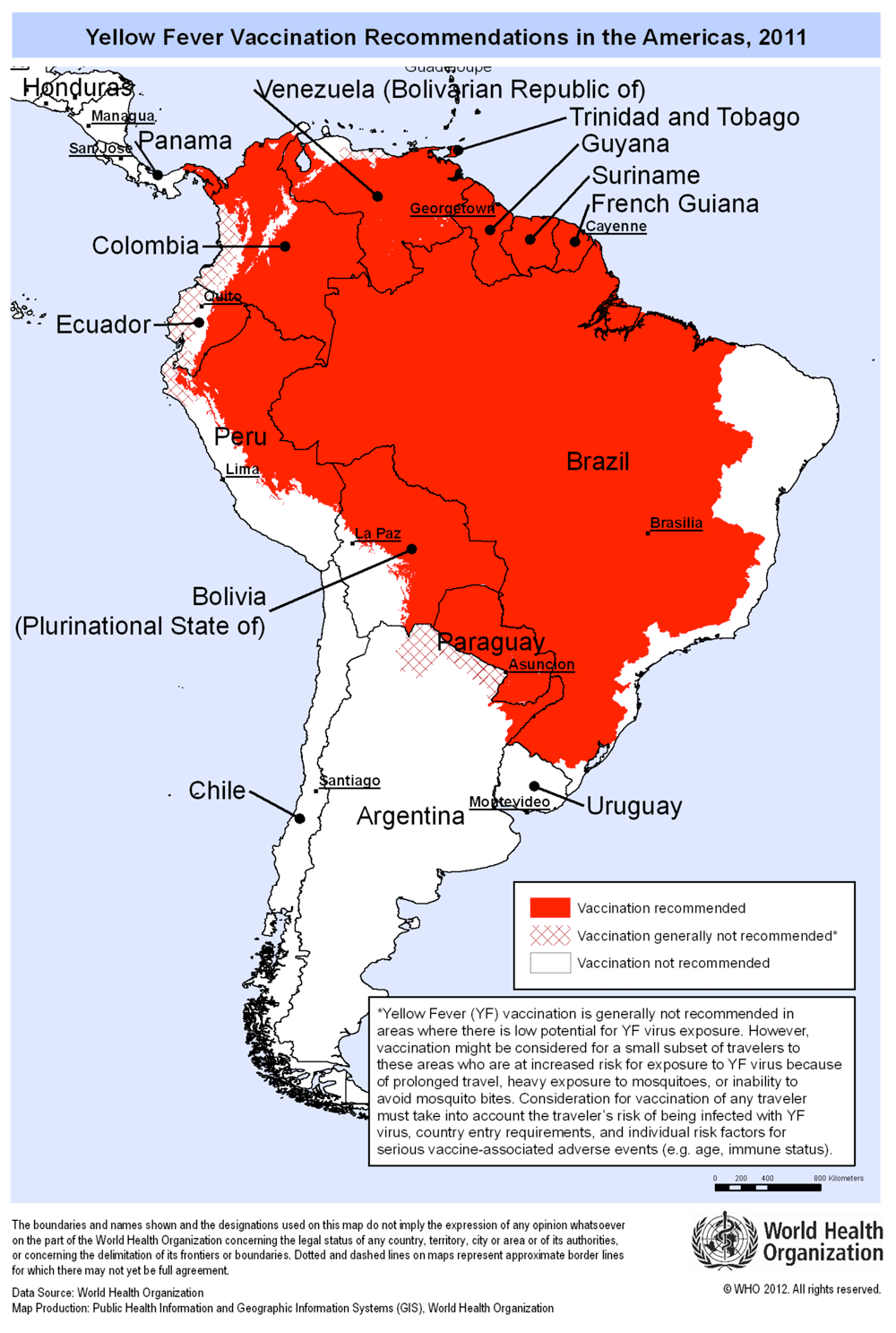Travel health update
Jane Chiodini
Jane Chiodini
MSc(Travel Med), RGN, RM, FFTM RCPS(Glasg)
www.janechiodini.co.uk
'Green Book' update on rabies; Vaccine incident guidance; Migrant health; New website
‘GREEN BOOK’ UPDATE ON RABIES
Guidance for rabies vaccination changed on the TRAVAX database in 2010 based on a report published by Health Protection Scotland and guidelines from the World Health Organization. However, it has taken some time for the Department of Health to publish their considered opinion. So the extensively rewritten chapter 27 of the Green Book posted online at the end of November 2012 is a long awaited publication, which should be read in its entirety. A helpful summary is also provided as a NaTHNaC clinical update. International travellers will usually fall into the risk category of those ‘at infrequent risk’, who, the new chapter states ‘are not recommended to receive routine boosting however, a booster dose of rabies vaccine can be considered at 10 years if travelling again to a risk area’. Those at frequent risk do need boosting, the timing of which may be guided by serological testing. Information about access to such blood tests and further guidance will be found at http://immunisation.dh.gov.uk/green-book-chapters/chapter-27/ Intramuscular administration of rabies vaccine remains the preferred route for both pre-exposure prophylaxis and post exposure treatment schedules of vaccine.
VACCINE INCIDENT GUIDANCE
Correct vaccine management is not only important for national immunisation schedules but also for travel health. The December 2012 issue of Vaccine Update included an interesting pie chart identifying reasons for vaccine wastage. The top three identifiable reasons were fridge equipment failure, power supply problem and fridge door left open. The Department of Health produced a protocol for ordering, storing and handling vaccines which was updated in November 2011 found in the ‘quick links’ at http://immunisation.dh.gov.uk/category/key-vaccine-info/. A more recently published guidance document regarding ‘Actions to take in response to vaccine errors’ is also very helpful. This includes a table which indicates revaccination recommendations for people who have received sub-potent vaccines. Go to www.hpa.org.uk then to ‘topics’, ‘vaccination’ and then ‘guidelines’. Direct link is http://www.hpa.org.uk/web/HPAweb&Page&HPAwebAutoListName/Page/1204012992944
Also found on this guideline page is the latest invaluable chart for ‘vaccination of individuals with uncertain or incomplete immunisation status’ which was updated in September 2012.
MIGRANT HEALTH
In November 2012, I was fortunate to attend a conference organised by the Health Protection Agency for those working in primary care. The theme of the day was Migrant Health and although there was only one lecture specific to travel health, many topics were highly relevant and all were extremely interesting. Videos and slides of the presentations are available at http://www.hpa.org.uk/webw/HPAweb&Page&MigrantHealthAutoList/Page/1317136524534
I found the second presentation ‘Interpreting in a health context’ given by Beverley Costa, Chief Executive Officer & founder of Mothertongue, particularly fascinating and thought provoking.
MY NEW WEBSITE
I’ve recently been busy working developing a new version of my website, launched last month. Go to www.janechiodini.co.uk and follow the drop down menus on the top bar to find many resources and tools to simply help you in your day to day travel health practice. Under the ‘Education’ tab, you’ll find details of a ‘New to Travel’ course for brand new practice nurses, a course on malaria in ‘Malaria Matters’ and all back editions of ‘Emporiatrics’ on a dedicated page. On the ‘Tools’ tab are tools for everyday use, a page of quick links to key travel health websites for those newer to the subject and videos on various travel related topics to use for your personal learning and that of your employers, and one of a patient with malaria which could be a useful clip to use with your travellers.
Related articles
View all Articles

